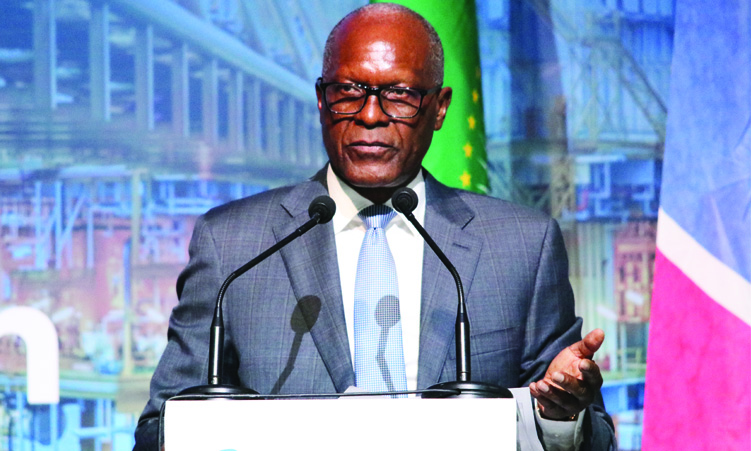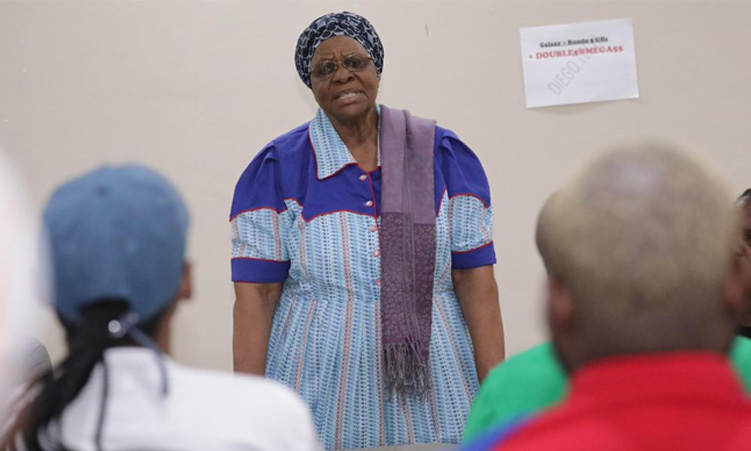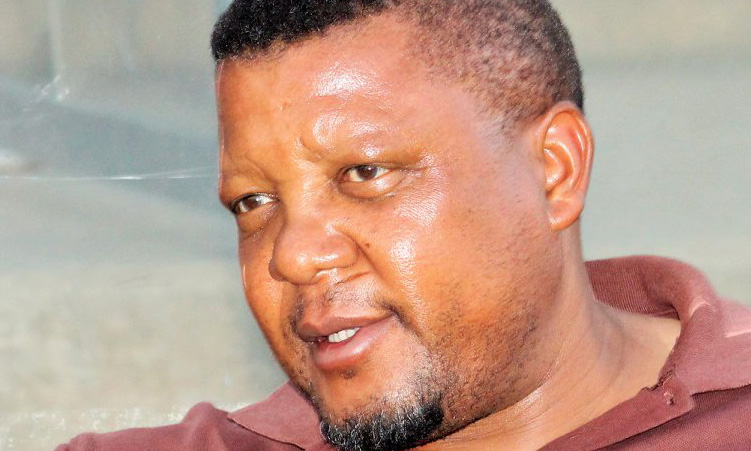The deaths of 16 people, mostly children, in the Kavango East region is a devastating reminder that hunger is not just a statistic, but a heartbreaking reality for many Namibians.
On Friday, 26 May, a family of 24, among them 10 children under 10, sat down to eat a meal that would become their last supper.
This is because Godfried Shishuwo and his family ate a meal of porridge mixed with fermented sediment from a home-made beverage at Kayova Village in the Nyanga District.
By yesterday, 16 people were confirmed dead.
Last year a pensioner and her two sons died as a result of suspected food poisoning at Mateke village.
A year earlier, three children in the same region died of food poisoning.
These cases are a grim and sad reminder that poverty is not an abstract concept or a mere statistic, but an unforgiving reality faced by too many Namibians.
The government’s efforts to alleviate poverty have fallen woefully short despite a public commitment to combating poverty.
In 2016, president Hage Geingob said “we strive towards a Namibia where there are no structural poverty traps, where no Namibian should die of hunger”.
Two months ago, the World Food Programme (WFP) reported that an estimated 376 000 Namibians – 14% of our population – are experiencing a food crisis, with 6 000 of those people at emergency level.
The report noted that approximately 24% of children under five years old suffer from stunted growth.
The United Nations Children’s Fund (Unicef) said in a report a decade ago that malnutrition is directly responsible for 6 000 child deaths a year in Namibia.
Almost one in every three Namibian children under five is malnourished, the report stated.
These figures should scare everyone and jolt us into summoning the collective will to implement change.
The government needs to foster economic opportunities and provide a safety net for vulnerable families who often make life-threatening choices out of desperation.
There is a need to rethink the allocation of resources and ensure that we care for the most vulnerable.
It is unacceptable that a small number of people continue to benefit from our natural resources while the majority suffer from hunger and poverty.
It is not so much that Namibia lacks the resources to address social challenges.
Rather, there is a gross misdirection or misallocation of resources and economic opportunities to benefit elitist dealmakers.
This must stop now.
For too many Namibians there is no tomorrow.
Stay informed with The Namibian – your source for credible journalism. Get in-depth reporting and opinions for
only N$85 a month. Invest in journalism, invest in democracy –
Subscribe Now!






